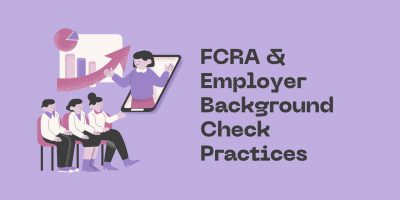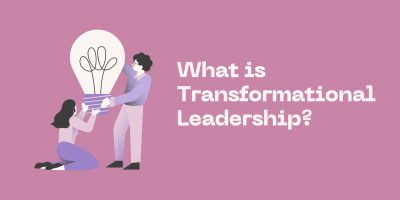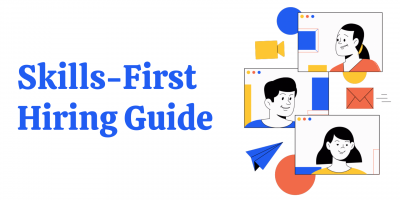
FCRA & Employer Background Check Practices
Employee background assessments are subject to legal responsibilities under the Fair Credit Reporting Act. What does an FCRA background check mean for employers, and what do they need to know before doing one?




